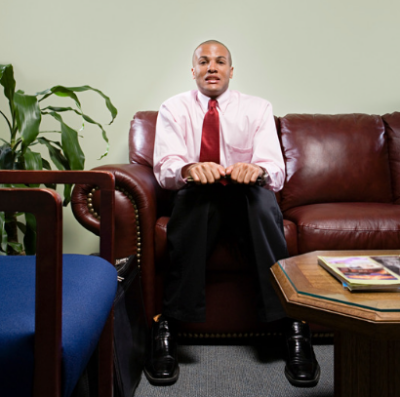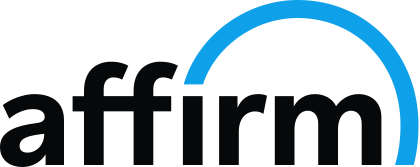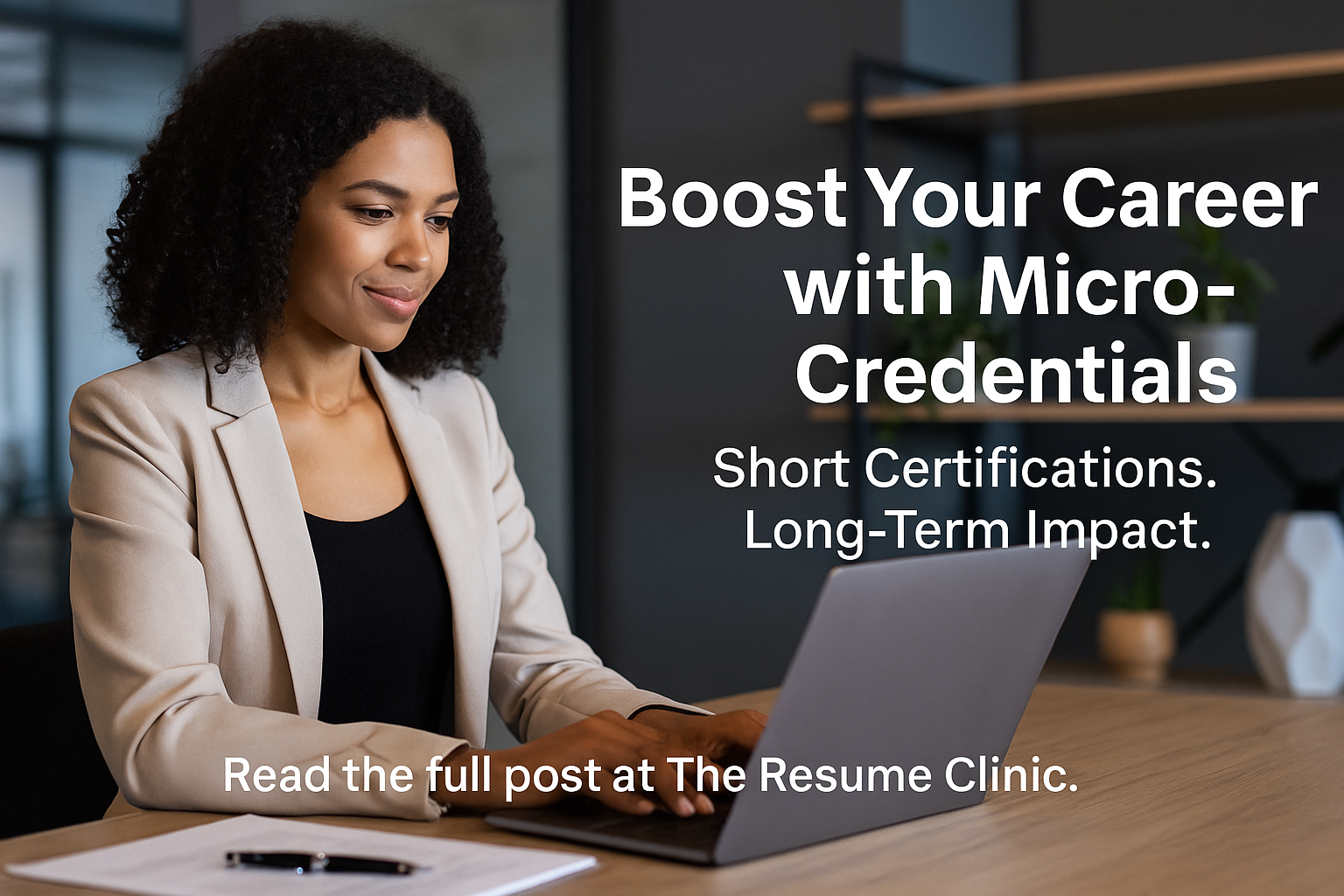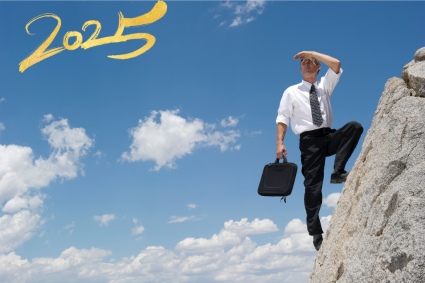 It is the final stage of the job hunt. You’ve hooked them with the perfect resume (written by me, hopefully), made it through interviewing by phone, and wowed them with a perfect bio and a stellar online presence. But uh-oh, now it is time to meet some folks face-to-face. In-person interviewing can be the differentiating factor between landing the job of your dreams or missing out to someone more prepared. If fear of public speaking affects 75% of the population, it is important to anticipate and manage that fear, rather than lose out on an opportunity before you’ve had a chance to really compete.
It is the final stage of the job hunt. You’ve hooked them with the perfect resume (written by me, hopefully), made it through interviewing by phone, and wowed them with a perfect bio and a stellar online presence. But uh-oh, now it is time to meet some folks face-to-face. In-person interviewing can be the differentiating factor between landing the job of your dreams or missing out to someone more prepared. If fear of public speaking affects 75% of the population, it is important to anticipate and manage that fear, rather than lose out on an opportunity before you’ve had a chance to really compete.
Planning can help alleviate the stress of anticipating meetings and interviewing sessions. Let’s review some simple but effective strategies to help you navigate through the interviewing process with confidence and success.
Understanding Your Nervousness
If you absorb nothing else, please absorb this: you aren’t alone. Remote and post-COVID lifestyles have made us all more comfortable behind the screen. Additionally, according to a survey conducted by the American Psychological Association, around 40% of Americans consider themselves shy, and over-thinking affects approximately 73% of the population, according to research published in the Journal of Abnormal Psychology. Remember, being nervous before interviewing is entirely normal. It shows that you care about the opportunity and want to perform well. So, let’s embrace this energy and channel it into productive preparation.
Seek Support from a Therapist
If interview anxiety is impacting your job search, professional guidance can provide more than friends can. Cognitive Behavioral Therapy (CBT) is particularly effective for anxiety disorders, including interviewing anxiety. CBT helps individuals identify and challenge negative thought patterns and beliefs that contribute to anxiety, and replace them with more realistic and positive thoughts. they can also teach you mindfulness and relaxation techniques such as deep breathing, meditation, or progressive muscle relaxation that help manage the physiological symptoms of anxiety.
Knowledge is Power
Strategic preparation for interviewing creates a base of knowledge about the company and talking points that illustrate what you can bring to the role in metrics. But KNOWING you have this information in your mental database helps lower that heart rate and improves your overall perception with your audience. Yes, you’re right. This is something that everyone is supposed to do. But why is it important to my “on-edge friends?” Because in addition to impressing the reader, proper prep will help you relax.
- Research the company thoroughly: Get to know the company’s history, culture, products/services, and recent news to craft tailored responses to use during the interview. Do this right and I guarantee you’ll hit the interviewer with something they didn’t even know about their own company.
- Develop a Set Narrative: You’ll want to craft a narrative that highlights your achievements, challenges overcome, and career goals – one that you can rattle off like clockwork. Structure your responses using the STAR method (Situation, Task, Action, Result) to provide concrete examples of your skills and accomplishments. This technique not only showcases your capabilities but also helps alleviate over-thinking by providing a structured framework for your answers.
- Hire an Interview Coach: These professionals are trained to conduct mock interviews that simulate the real interview environment, which can help nervous job seekers become more comfortable with interviewing . This practice can desensitize them to their fears and help them handle anxiety better. They will assist you with focusing on articulating your thoughts clearly and concisely, paying attention to your body language, and practice maintaining eye contact with a confident posture. The more you rehearse interviewing, the more natural it will feel. (Want to talk to one I trust? You can’t go wrong with Marcia Wall, CCSP, GCDF. )
- Practice interviewing with a friend or by yourself in front of a mirror.
Mindfulness in the Moment
Don’t get caught up in worrying about future scenarios or past mistakes. Practice mindfulness techniques to stay grounded in the present moment.
- Breathe: Anytime you feel nervous, count deep slow breaths, focus on your surroundings, and remind yourself that you are capable and prepared.
- Embrace Imperfection: Nobody expects you to be flawless during an interview, but they do want you to be authentic. Embrace imperfections, acknowledge mistakes gracefully, and move on with a good attitude.
- Reflect and Improve: Take notes after interviewing, reflecting on what went well and where you need improvement. Did you struggle with a particular question? Did any specific methods or exercises work better than others? Use these insights to refine your communication for future interviewing.
Check and Double-check your Job Search Documents
Recheck your resume, cover letter, bio, website, portfolio and any other presentation materials for typos and errors. If you’re not seeking professional help for your resume, social media, and online presence to put your best foot forward, just remember that your competition is. Want to stay relaxed, knowing one has the best tools working on the task really helps.
Job interviewing can be intimidating, but you’re not alone. With the right preparation and mindset, you can navigate interviews with confidence and before you know it, there’s an offer in your inbox!


















